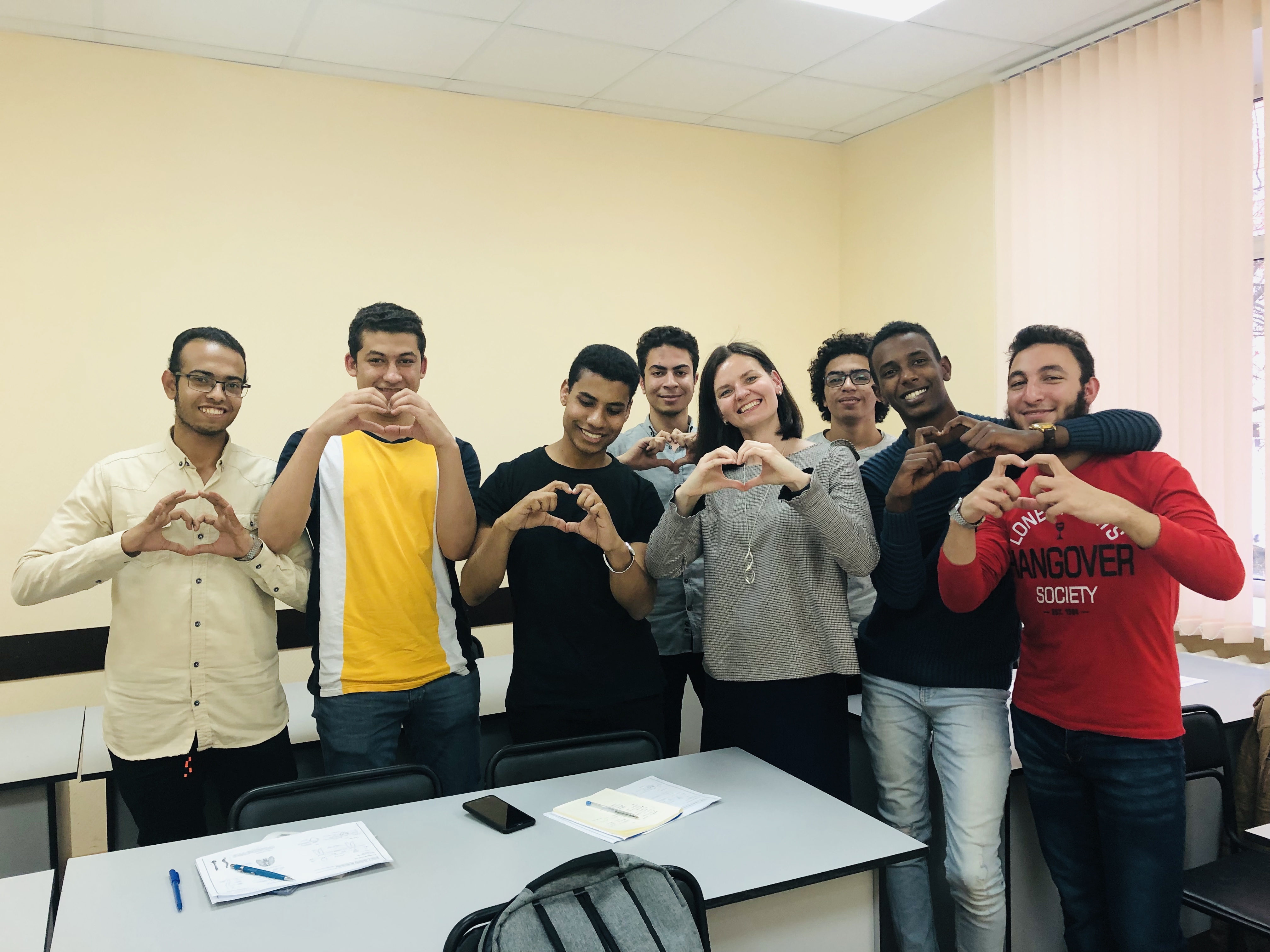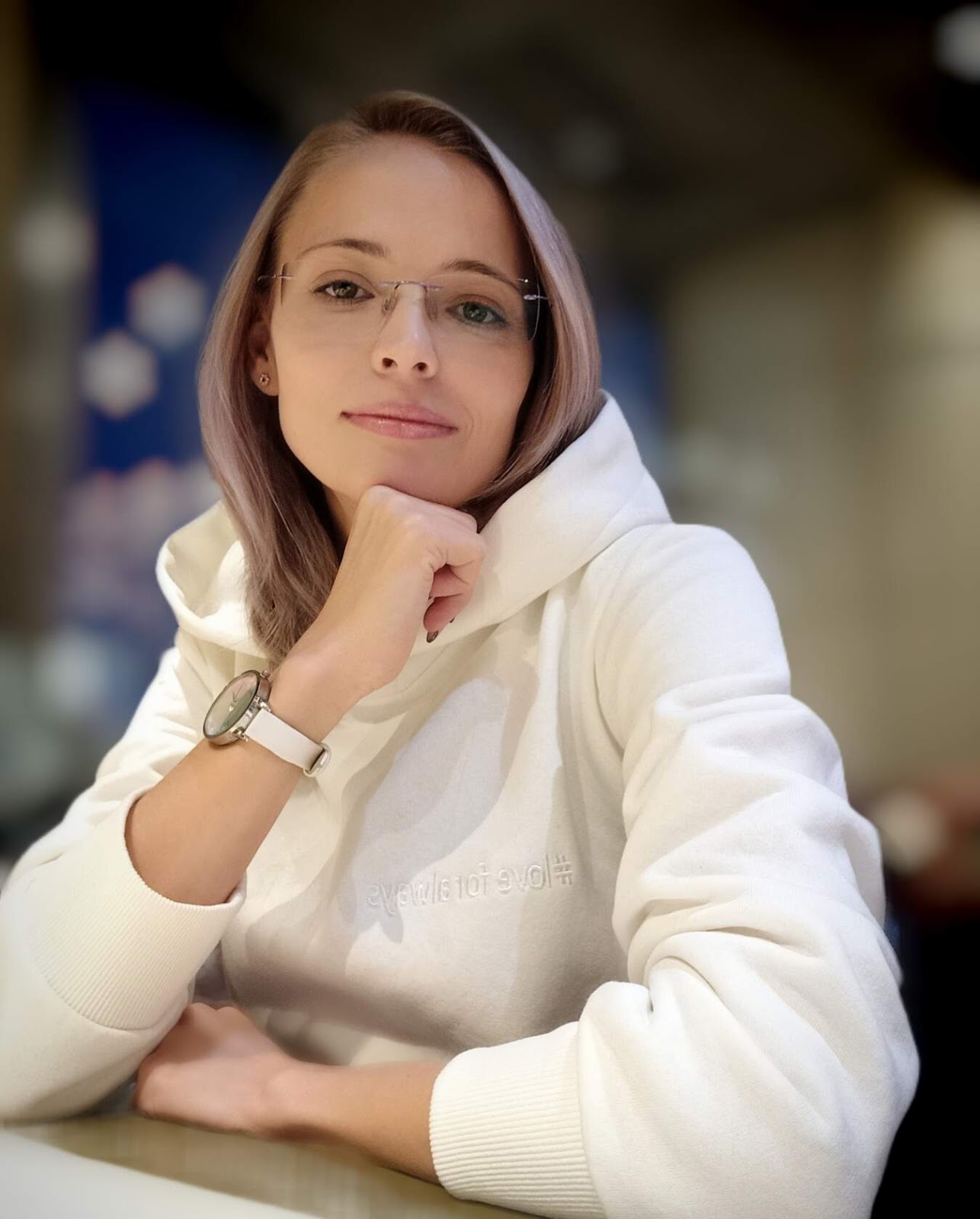
Main functions
The main goal of the Dean’s office for international students is to create favorable conditions for meeting the educational needs of international students and their professional and personal development, improving the effectiveness of educational activities in accordance with existing regulatory requirements and modern educational technologies.
To achieve this goal, the Dean’s office solves the following tasks:
– organization of the educational process according to curricula and programs in accordance with the license for the law to conduct educational activities;
– organization and conduct of educational and other extracurricular activities with international students;
– organization of the work of the methodological Council of the Dean’s office to coordinate the types of educational and scientific work aimed at improving the teaching methods, improving the quality of teaching;
– control over the publication of guidelines and manuals on the subjects of the main educational programs, control and test tasks in a foreign language;
– timely communication of the necessary information to international students;
– expanding the scope of international cooperation with countries near and far abroad.
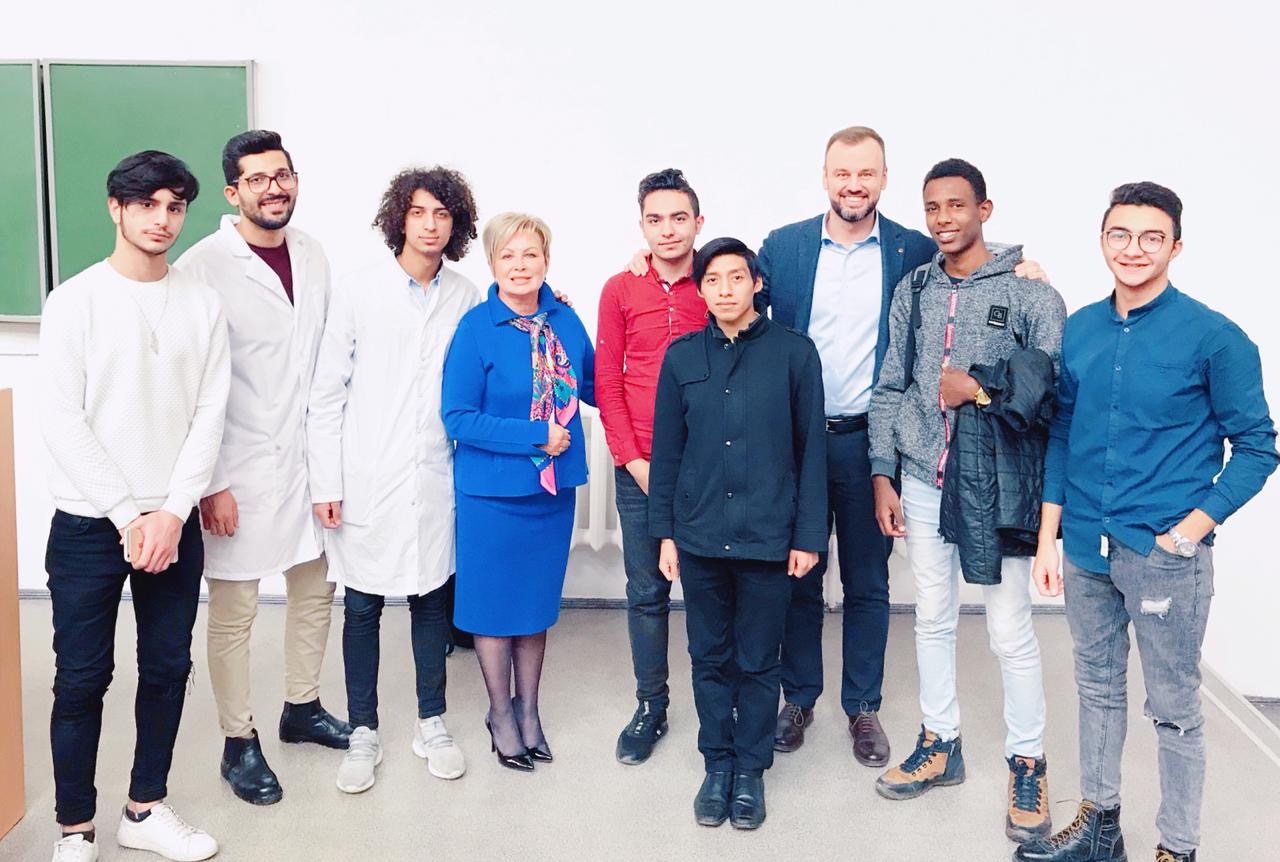
Main areas of work
– Organization of educational activities of foreign citizens studying with the use of an intermediary language (English) in the specialty “General Medicine”.
– Coordination of work on the implementation of joint educational programs with Namangan state University (Uzbekistan), organization and quality control of the distance education process, providing methodological support to departments working under this program.
– Organization of educational activities for international students of preparatory courses who do not speak Russian, preparation for entrance exams to higher educational institutions of the Russian Federation, including the USMU.
– Supervision of international students studying at USMU in the Russian-language program. Monitoring of academic performance and attendance, assistance in social and cultural adaptation.
– Language training of research and teaching staff for conducting classes with international students in English.
Other activities of the Dean’s office
– Conducting educational activities and socio-cultural adaptation, providing psychological support to foreign citizens, familiarizing with Russian culture, participating in educational and cultural events, creating conditions for socialization of foreign citizens in USMU and adapting to the social role of the student, familiarizing with the rules of behavior and training at the University.
– Assistance in solving housing and household issues, providing places to live and study, getting acquainted with the city where they study.
– Russian language training for foreign citizens in cooperation with the Department of Russian language and socio-cultural communication of USMU.
– Cooperation with local communities of foreign citizens living in Yekaterinburg and the Association of international students of Russia.
Student training Programs (specialties)
After enrollment foreign citizens who have entered the Russian-language program have the right to study at USMU in the specialties “Medical care”, “Dentistry”, “Pediatrics”, “Pharmacy”, “Medical and preventive care”. Enrollment is based on the results of entrance tests (Russian language, biology, chemistry).
Citizens who study under the program using an intermediary language (English) receive an education in the specialty “General Medicine”. English is used for the first 2 years of study, and the first 3 years of study are in Russian. Training for 6 years, in the specialties “Dentistry” and “Pharmacy” – 5 years is carried out at more than 70 departments, which cover all the main areas of classical medical and pharmaceutical education. The curriculum provides for international students to study General and clinical subjects in the volume accepted in Russian higher medical education. Students continue to improve their Russian language, master the skills of professional dialogue between a doctor and a patient, with colleagues, and work with scientific literature on medicine.
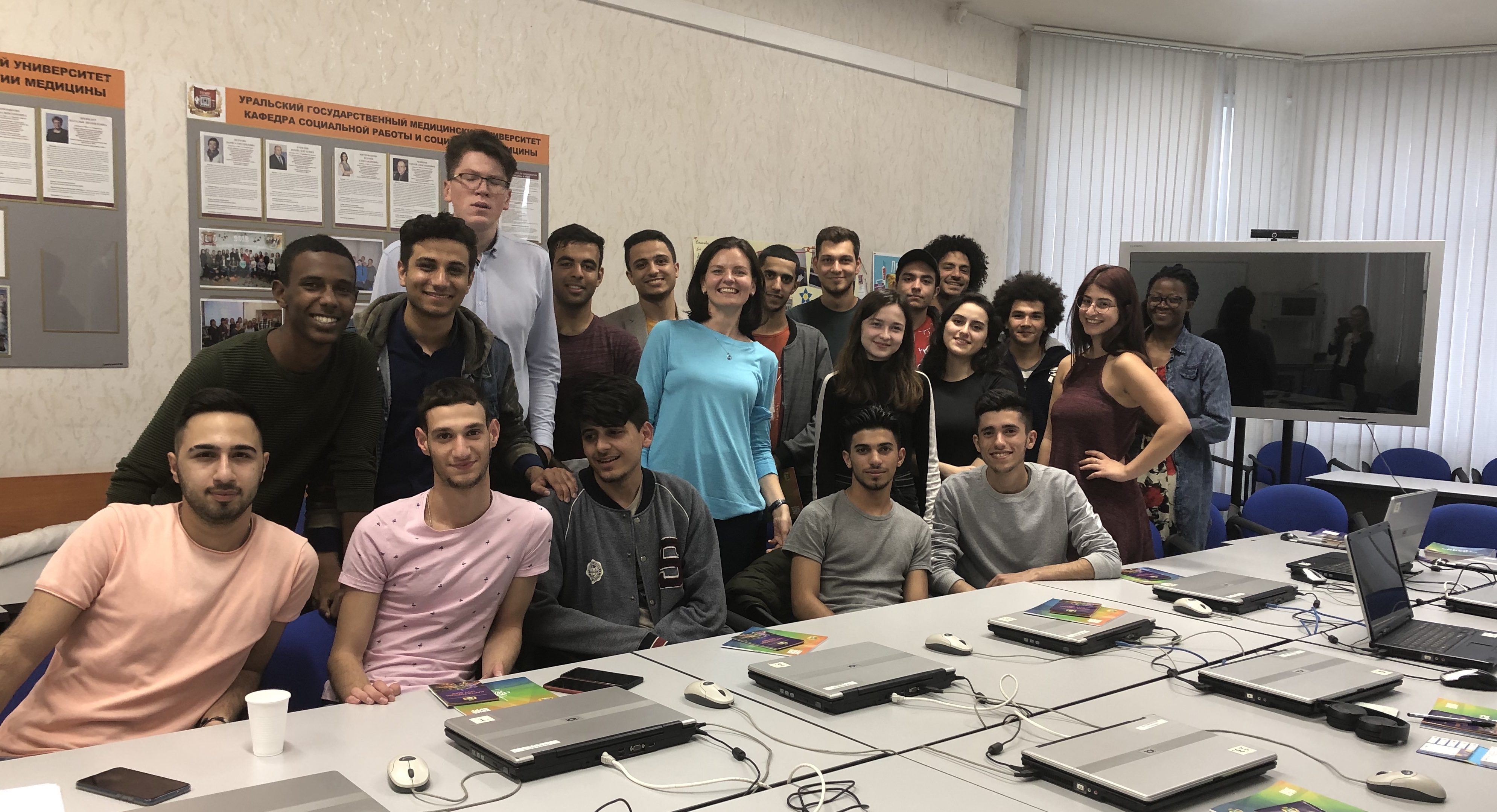
To prepare for classes international students have the opportunity to use the funds of the Scientific library, the reading room, computer classes, and self-study areas in the dormitory on an equal basis with Russian students.
A significant part of the training of highly qualified specialists is the continuous improvement of existing knowledge and practical skills. In this regard much attention is paid by the management of the University and the Dean’s office of international students to the development of students ‘ knowledge and skills obtained during classes, in practice using mannequins and high-tech simulators. Such classes allow students to develop a willingness to work together in a team, as well as not only in regular situations, but also in emergencies, when it is necessary to mobilize all human abilities. To practice skills, the University has a training simulation center for practicing practical skills.
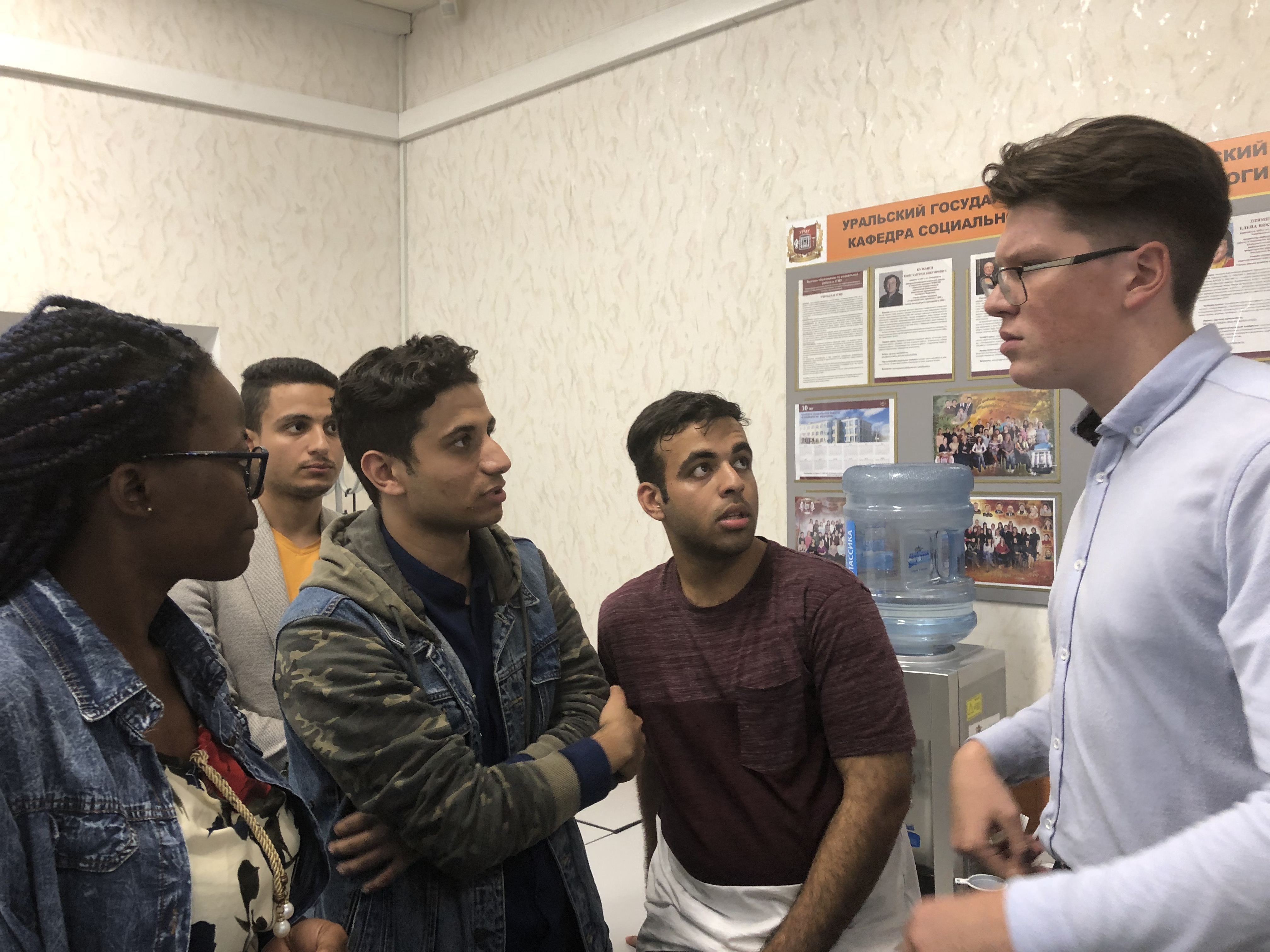
Russian language and socio-cultural communication courses are taught at the Department of Russian language and socio-cultural communication, as well as receive intensive training in the disciplines of medical and biological profile (biology, chemistry) in order to enter USMU.
Teachers who have a B2 or higher level of English proficiency are allowed to teach foreign citizens at USMU. If the level of language training is insufficient, employees must be trained according to the program of language training of scientific and pedagogical workers of the USMU. Inclusion in the program of language training of an employee is carried out in agreement with the head of the Department as well as the Dean’s office of international students. The selection of participants in the language training program is carried out by the Department of foreign languages, the Department of Russian language and socio-cultural communication on the basis of test results and an oral interview. The language training program includes people who have a level of language training not lower than A2.
